
Signs That You Have Too Much Sugar in Your Blood
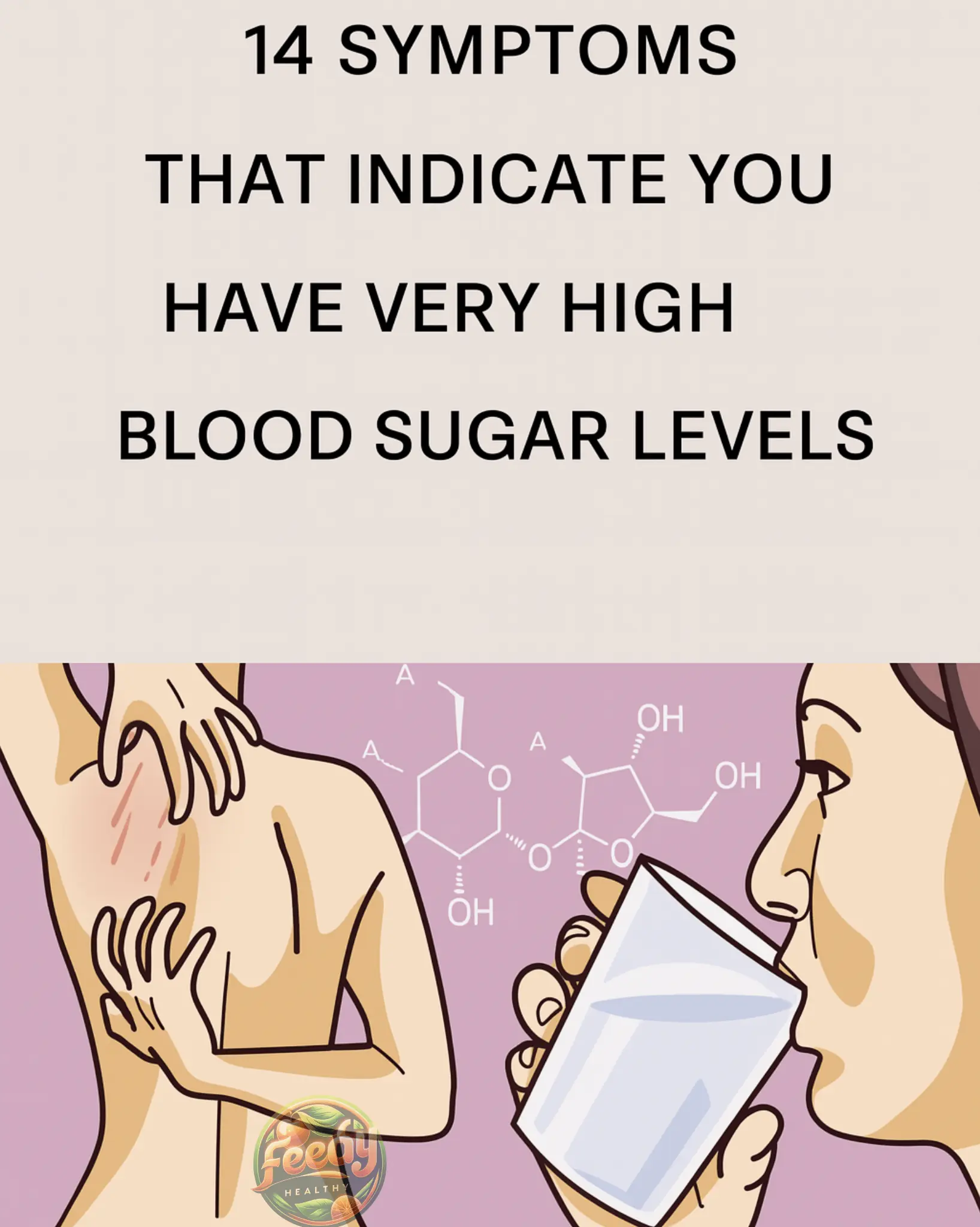
14 Main Symptoms That Indicate High Blood Sugar Levels
When it comes to your health, paying attention to your blood sugar levels is essential. Having too much sugar in the blood—known as hyperglycemia—can lead to serious health complications. If you feel something isn't quite right, it's important to recognize the signs that your blood sugar might be elevated. Below are 14 potential warning symptoms that you shouldn’t ignore.
The human body is a complex system that requires a healthy balance of nutrients. Glucose, or sugar, is an essential source of energy, but elevated levels can be extremely harmful. Understanding the symptoms of high blood sugar not only helps you make informed choices about your diet and lifestyle—it could even save your life.
In this article, we’ll explore the 14 most common symptoms of hyperglycemia, along with practical strategies to help maintain healthy blood sugar levels. So keep reading to see whether it’s time to take action for your health!
What Is High Blood Sugar?
High blood sugar, or hyperglycemia, can manifest through a variety of symptoms. These include frequent urination, increased thirst, blurred vision, fatigue, headaches, nausea, vomiting, shortness of breath, and abdominal pain. You may also notice fruity-smelling breath, dry mouth, and confusion—especially if hyperglycemia is left untreated.
Specific Symptoms to Watch For:
1. Frequent Urination and Excessive Thirst
High blood sugar causes the kidneys to work harder to eliminate excess glucose, leading to more urine production and, as a result, increased thirst.
2. Blurred Vision
Elevated glucose levels can affect the small blood vessels in the eyes, causing vision to become blurry.
3. Fatigue and Weakness
When the body can’t effectively use glucose for energy, you may experience constant tiredness and weakness.
4. Unexplained Weight Loss
In uncontrolled hyperglycemia, the body may start breaking down fat and muscle for energy, leading to noticeable weight loss.
5. Frequent Infections
High blood sugar weakens the immune system, making you more prone to infections such as urinary tract infections or yeast infections.
6. Slow-Healing Wounds
Excess glucose impairs the body’s ability to heal damaged tissue, causing cuts and sores to heal more slowly.
7. Tingling or Numbness in Hands and Feet
Diabetic neuropathy, a complication of diabetes, can damage nerves—especially in the extremities—causing tingling or numbness.
8. Nausea and Vomiting
When the body can’t use glucose, it starts producing ketones, which can lead to nausea and vomiting.
9. Rapid Breathing or Shortness of Breath
In diabetic ketoacidosis, a severe complication of high blood sugar, breathing may become rapid and shallow, and it may be difficult to breathe.
10. Confusion or Loss of Consciousness
Extremely high blood sugar levels can impair brain function, leading to confusion and, in severe cases, unconsciousness.
11. Dry Skin
High blood sugar can cause dehydration, which may lead to dry, flaky skin.
12. Fruity-Smelling Breath
This distinctive odor is a sign of diabetic ketoacidosis and results from ketones in the breath.
13. Abdominal Pain
This may also be a symptom of diabetic ketoacidosis and should not be ignored.
If you experience any of these symptoms, it’s essential to seek medical attention for proper evaluation and treatment. Early detection and management of hyperglycemia can help prevent serious complications and protect your overall health.
News in the same category


8 Imperceptible Changes in Your Body that Could Be Warning of Health Problems

People with High Blood Sugar Should Avoid Certain Foods—Watermelon? Doctor: These Are 4 Foods You Really Shouldn't Eat

He Always Thought It Was Just a Sore Throat from Talking Too Much or Cold Weather—Mr. Tran Was Devastated to Learn It Was Late-Stage Stomach Cancer
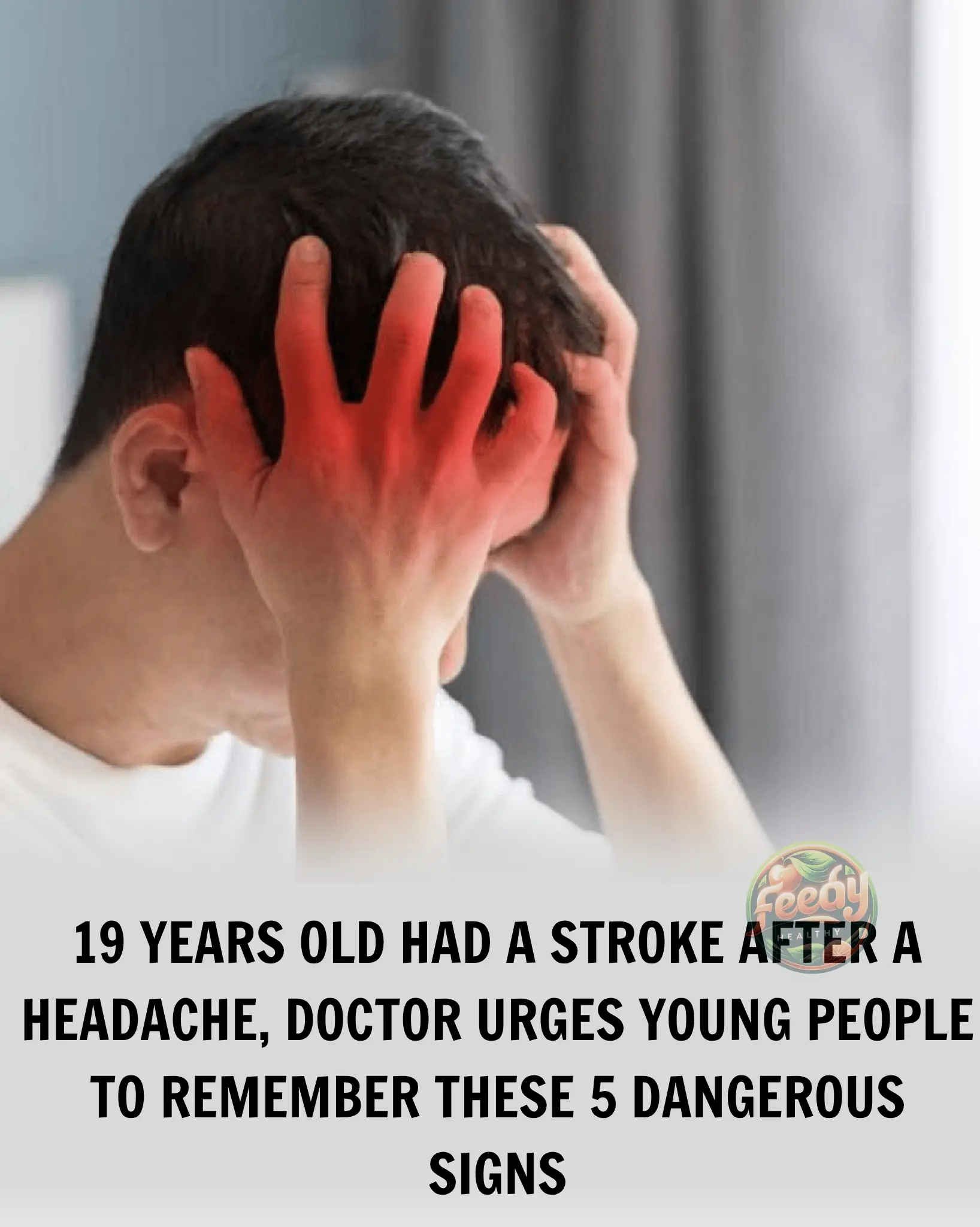
5 Warning Signs of Stroke in Young Adults

5 foods you should never keep overnight

My Mother’s Secret: Garlic Remedy for Aches and Pains
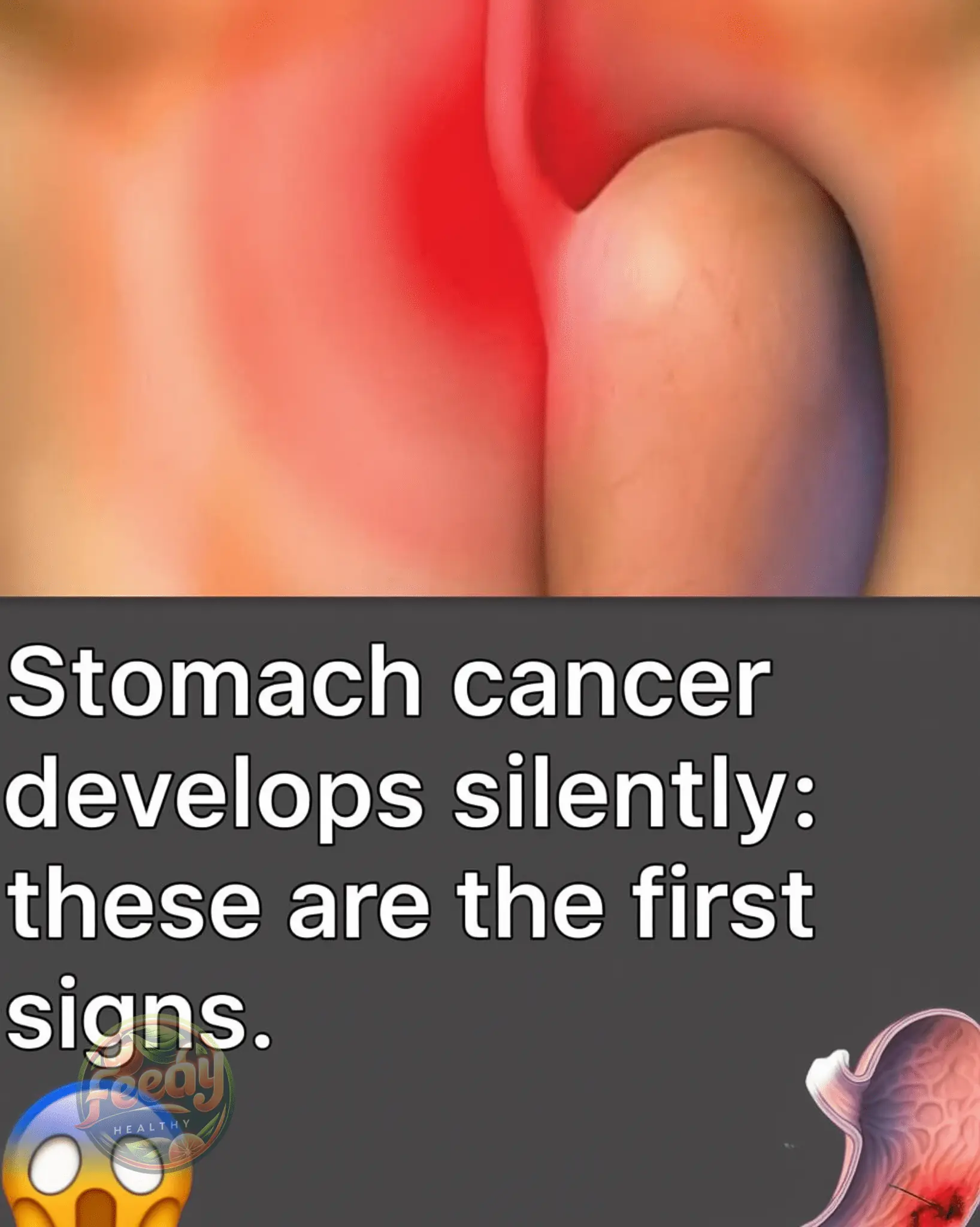
Stomach Cancer: Silent but Dangerous – Know the Early Signs
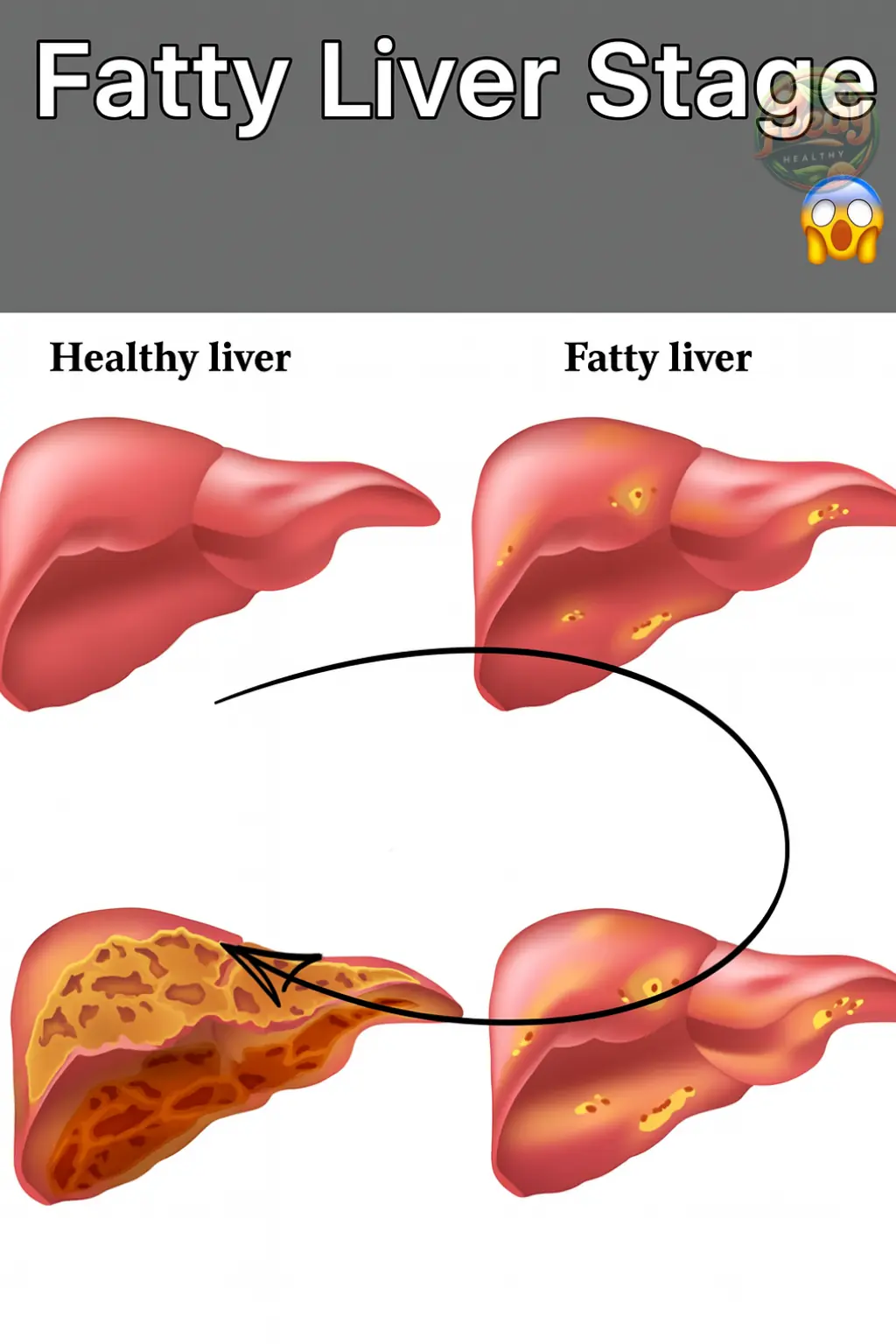
Take Care of Your Fatty Liver – Learn How to Cleanse Your Liver

Famous Writer Diagnosed with Two Types of Cancer Lived to 104: The First Two Things He Did Were More Important Than Diet

A 4-Year-Old Boy Lost His Life After Eating Boiled Eggs Improperly: A Painful Lesson for Families with Young Children

9 Early Warning Signs of Stomach Cancer: Even One Means You Should See a Doctor

Little girl who looked 8 months’ pregnant because of deadly disease is saved thanks to dad’s kidney donation

After Years of Practice, Doctors Realized Cancer Patients Often Share 6 Morning Habits — and They Make Sense in Hindsight

Eggs and Coffee: The Surprising Superfood Combo Your Breakfast Needs
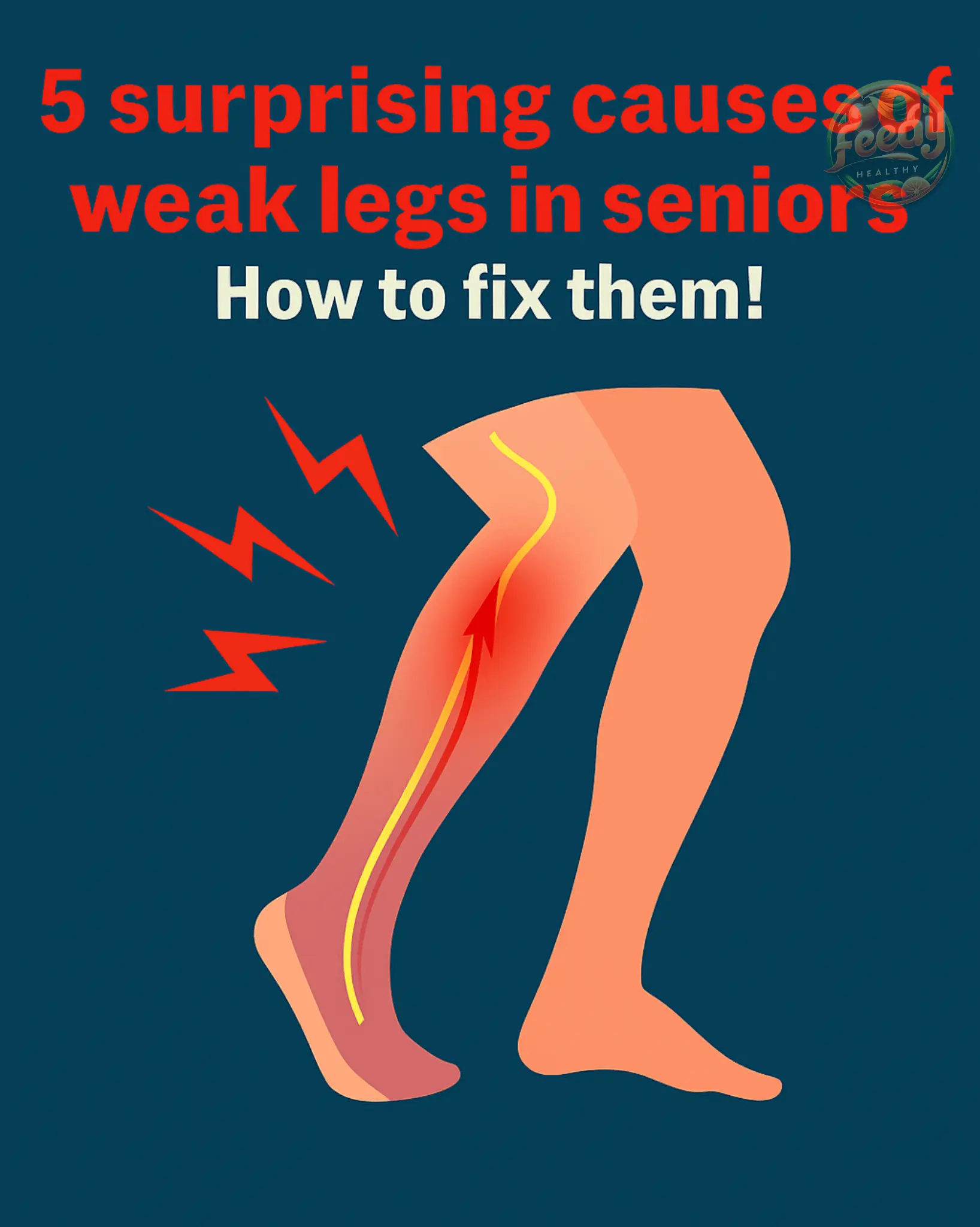
5 Surprising Causes of Weak Legs in Seniors — And How to Fix Them
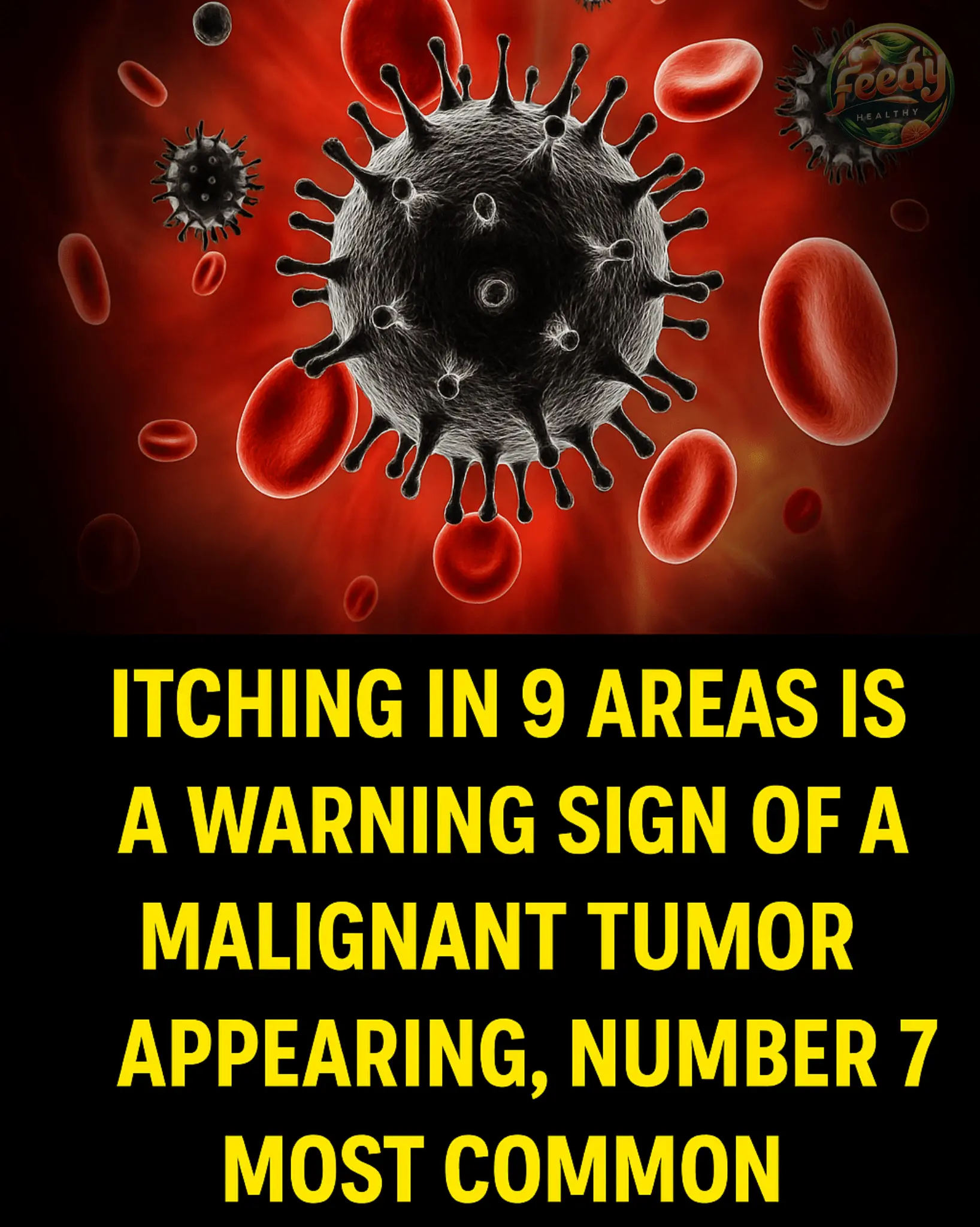
Itching in 9 Areas: A Warning Sign of Malignant Tumors, Number 7 Is the Most Common

Drink Warm Water with Lemon 😱👇
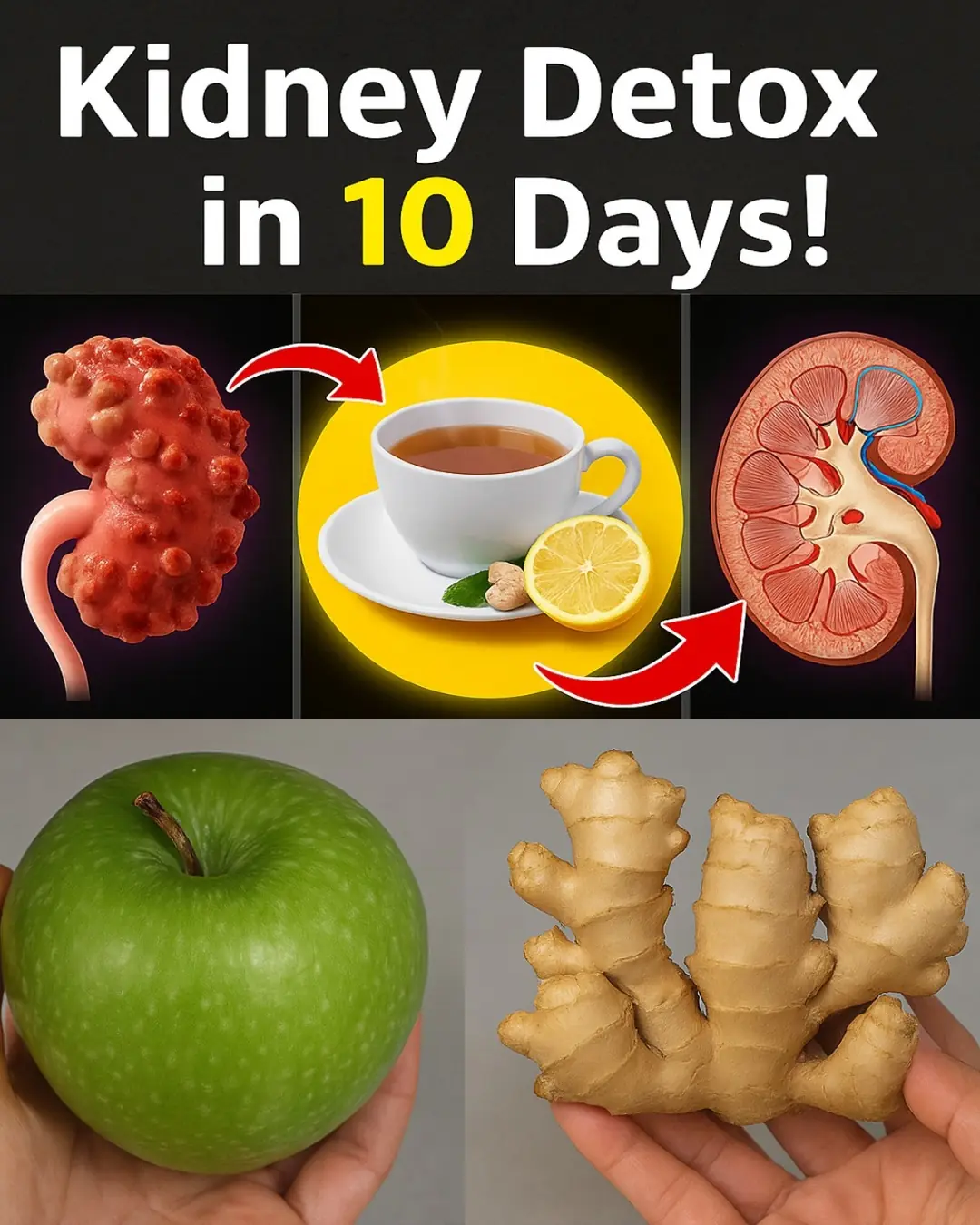
Revitalize Your Body in Just 7 Days: The Tangerine, Walnut & Ginger Detox Drink That Restores Energy and Vitality
News Post

Natural Herbal Remedy to Improve Circulation, Sleep, and Digestion
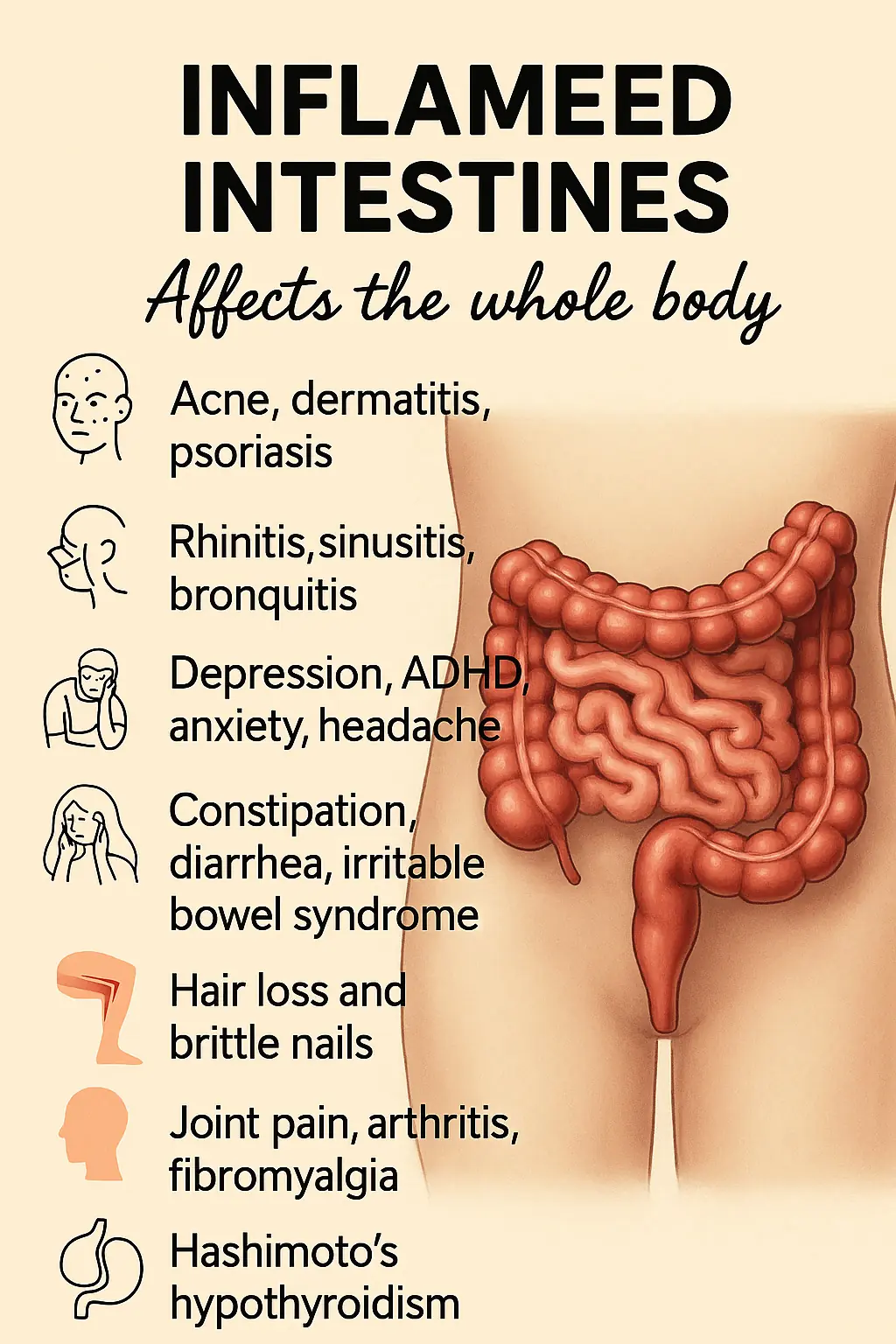
🌿 Natural Remedies for Inflamed Intestines

Nature’s Pest Control with Garlic

Lemon Fat-Burning Drink – Melt Away Belly Fat!

Refresh Your Body with Lemon & Garlic Detox Remedy

Hair stylists won’t tell you this. 12 super hacks for thick, healthy hair

Mixing Cloves with Cinnamon for Powerful Health Benefits! 🌿🔥

☕🍫 Espresso-Infused Mocha Perforated Cake

🍓🍫 Chocolate Raspberry Mousse Cake

Mary Berry Condensed Milk Ice Cream

🍫🎂 Epic Chocolate Overload Explosion Cake

☕ Classic Tiramisu Recipe 🍫

8 Foods You Should Be Eating to Help Kill Cancer Cells

8 Imperceptible Changes in Your Body that Could Be Warning of Health Problems

Decadent Chocolate Hazelnut Delight Cake Recipe

The Natural Snake Repellent That Sends Snakes Running — Safe for You, Deadly for Them 🐍❌
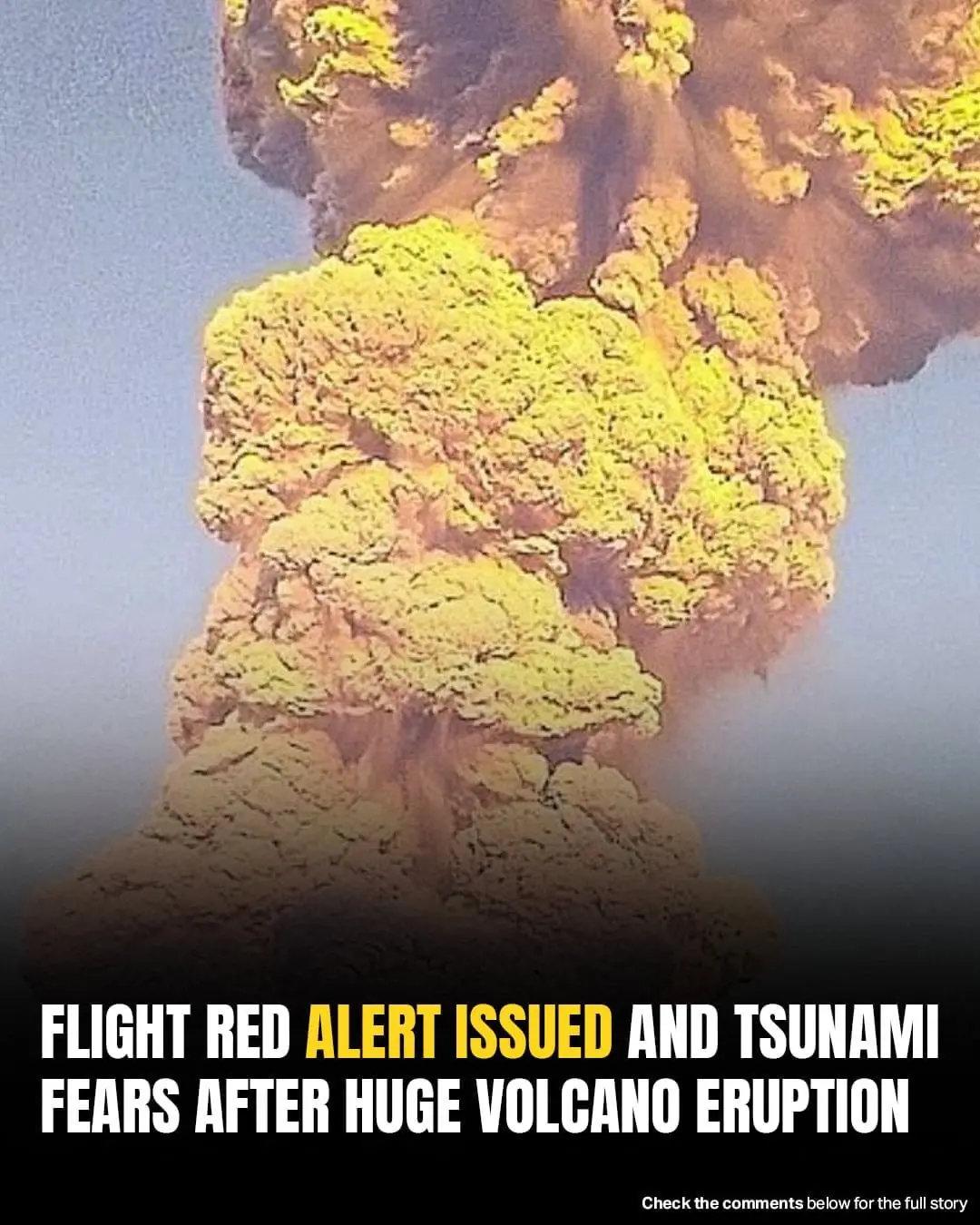
Volcano Eruption Triggers Tsunami Alert and Disrupts Flights in the Region

Transform Your Skin with This Surprising Banana and Vaseline Mix!
